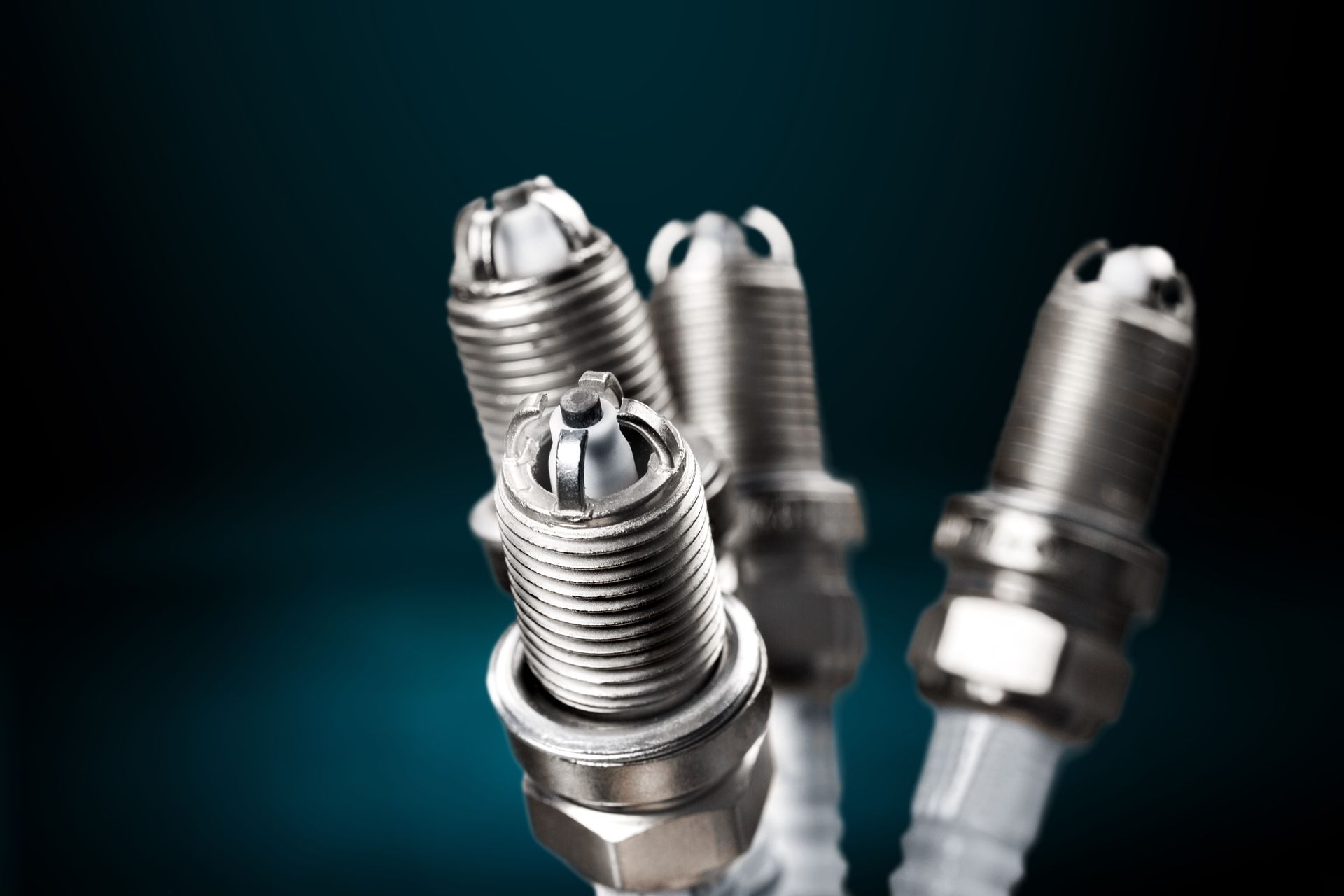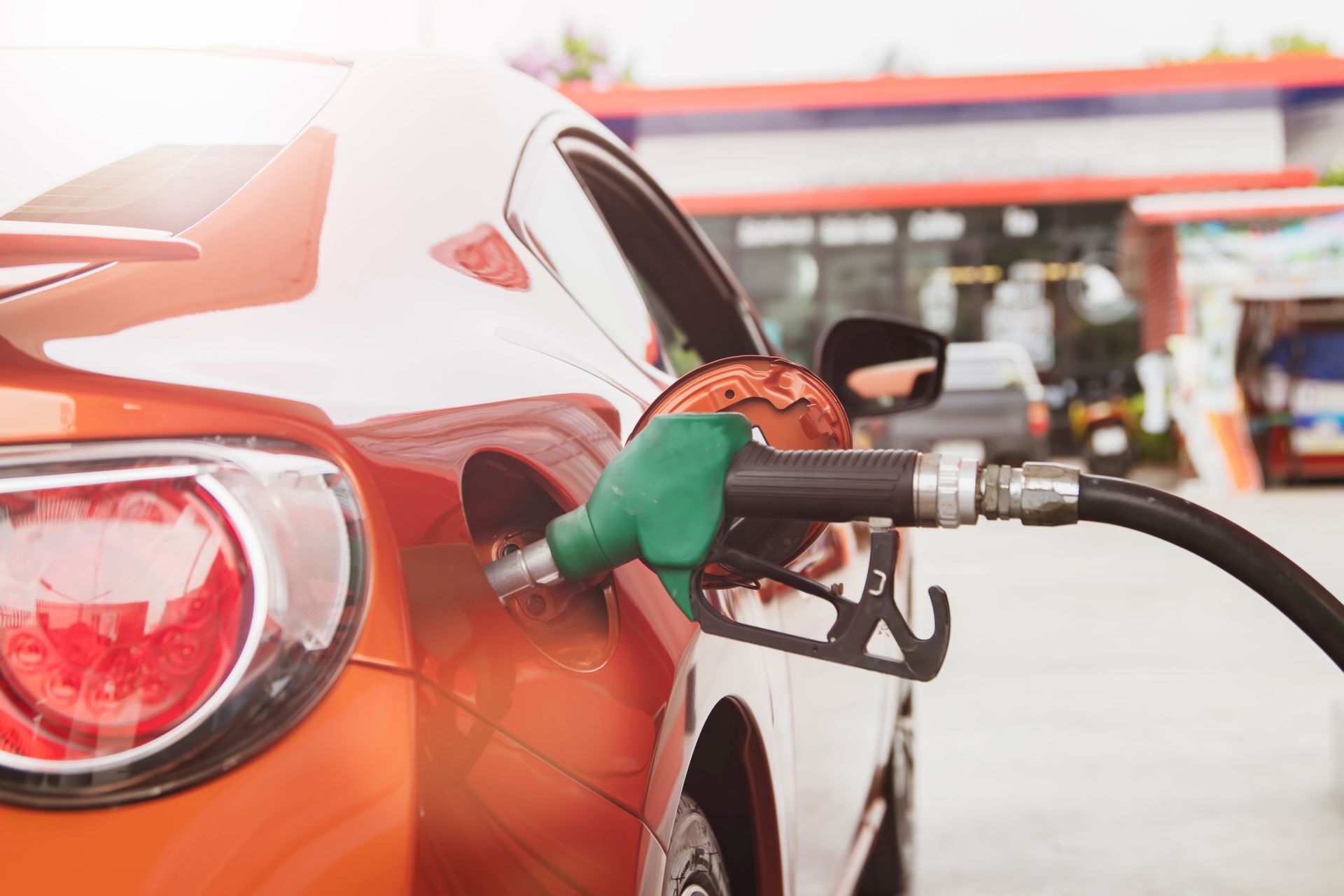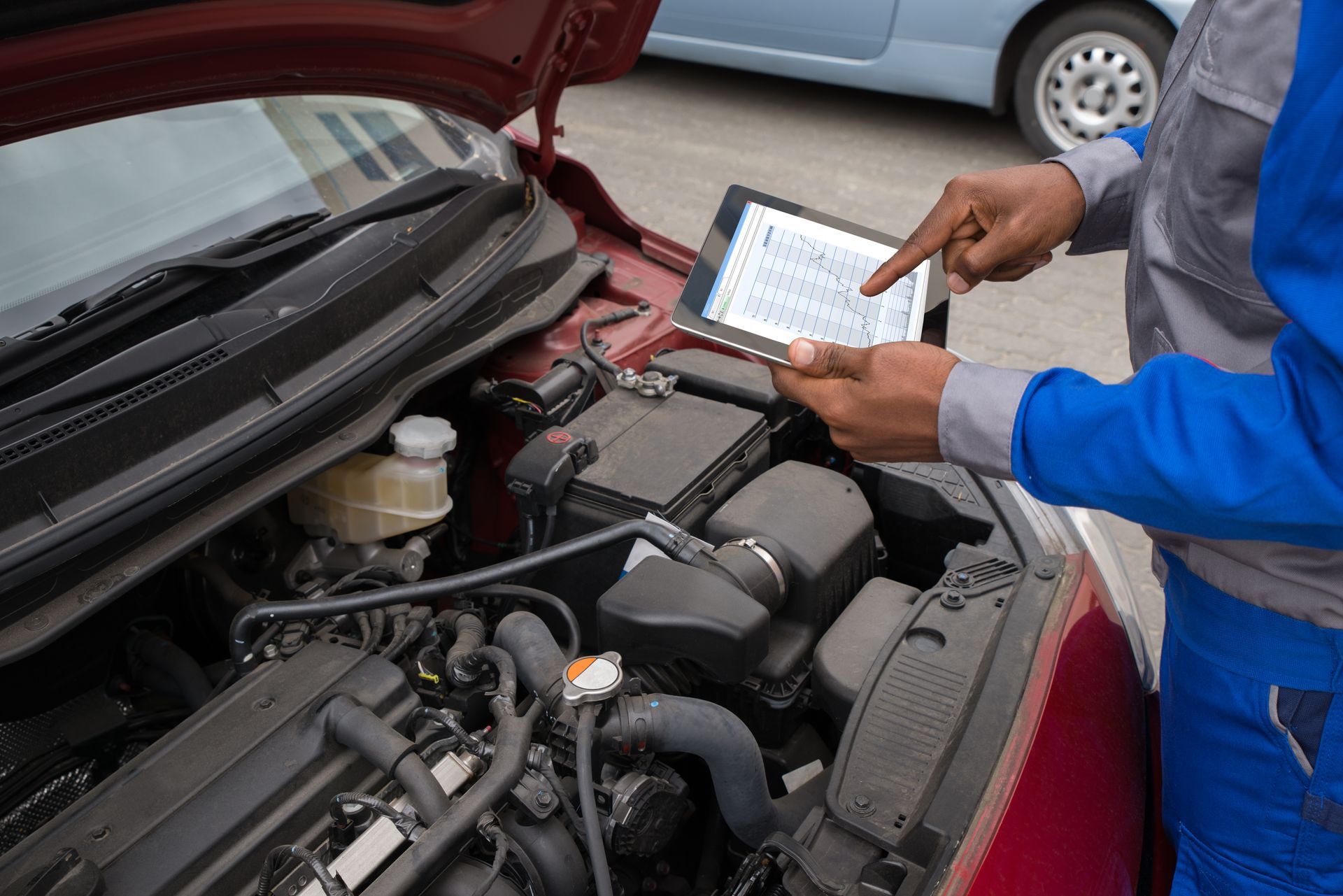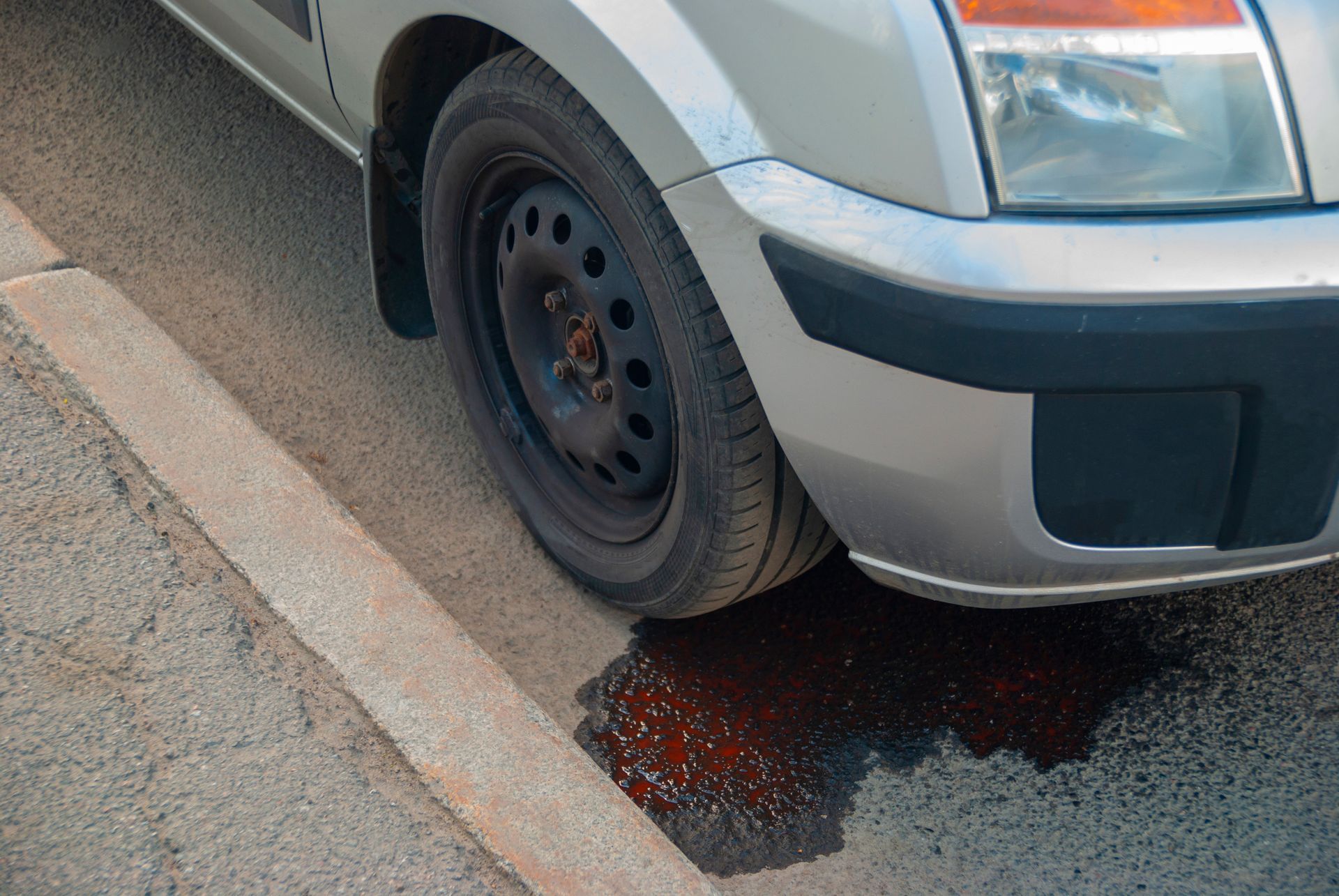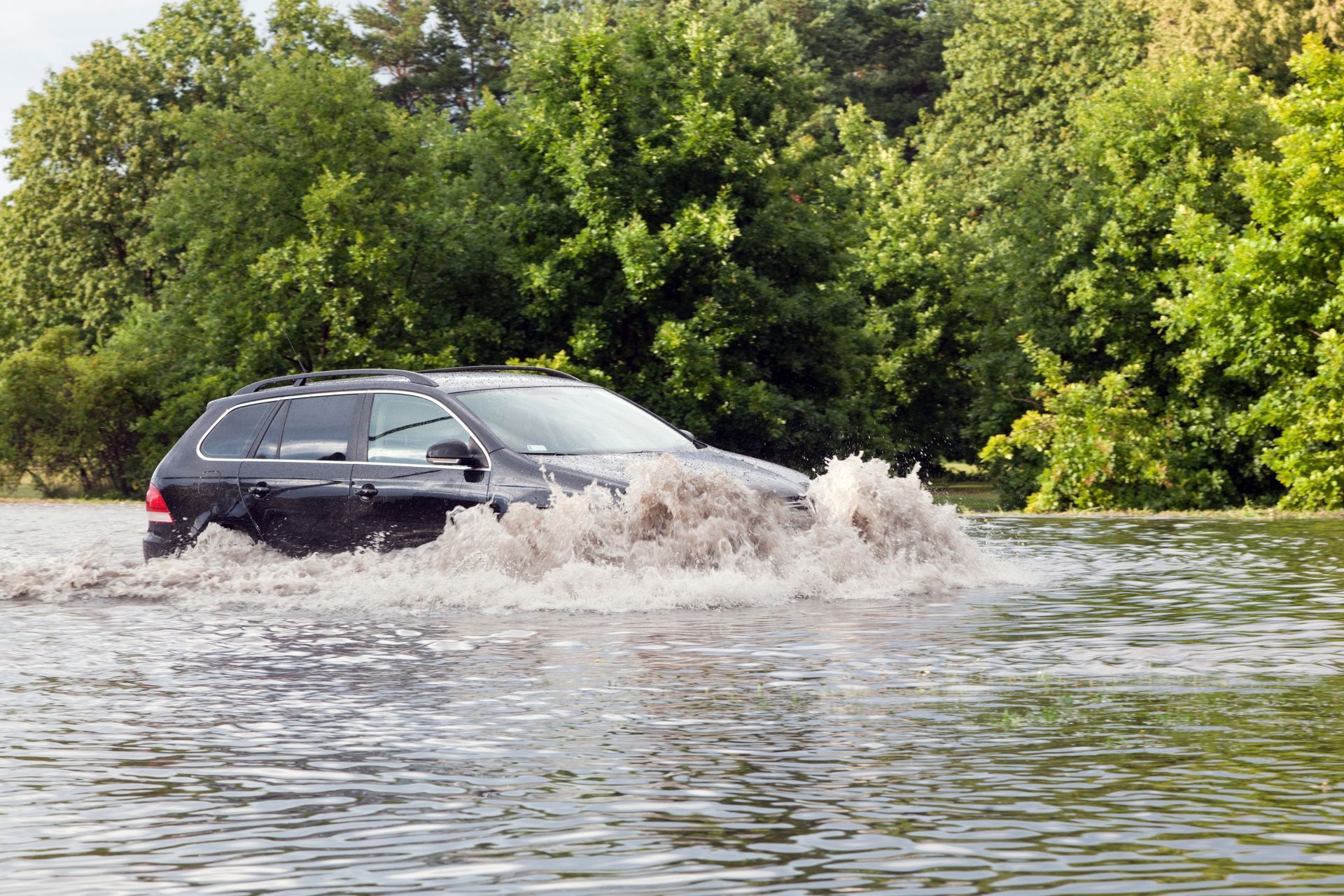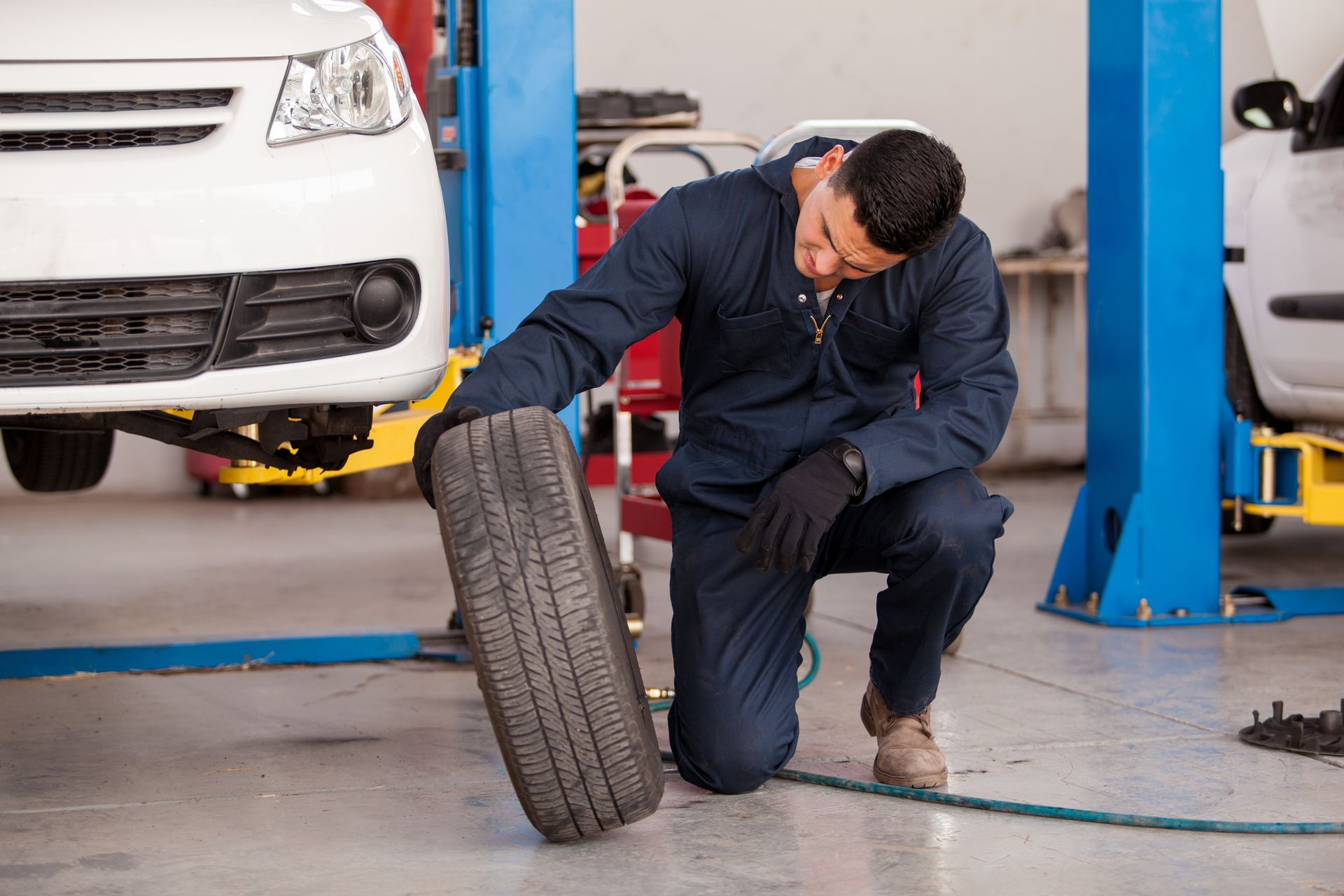Engine overheating is a common issue that can lead to costly repairs and inconvenience for car owners. Various factors, such as summer road trips and stop-and-go traffic, can cause your engine to overheat. You can avoid overheating and keep your vehicle cool with the right preventive measures and troubleshooting techniques.
Engine Overheating
Before discussing prevention and solutions, we must understand why engines overheat. Overheating typically occurs when the cooling system fails to regulate the engine's temperature within safe limits.
This can be due to coolant leaks, a malfunctioning thermostat, a faulty radiator, or insufficient coolant levels. When the engine exceeds its operating temperature, it can lead to engine damage and potential breakdowns if not addressed promptly.
Preventive Maintenance
Regular preventive maintenance is one of the most effective ways to prevent engine overheating. It includes routine inspections of the cooling system components, such as the radiator, hoses, thermostat, and water pump. Checking coolant levels and topping off as needed is also crucial, as coolant plays a vital role in dissipating heat from the engine.
Flushing the cooling system at recommended intervals helps remove debris and contaminants that can impede coolant flow and cause overheating.
Monitoring Engine Temperature
Keeping an eye on your vehicle's temperature gauge while driving can alert you to potential overheating issues before they escalate. If you notice the temperature gauge creeping into the red zone or the engine temperature warning light illuminating, you must pull over safely and address the issue immediately. Ignoring signs of overheating can lead to severe engine damage and leave you stranded on the side of the road.
Cooling System Troubleshooting
Quick action is key to preventing further damage in the event of engine overheating. If you suspect your engine is overheating, turn off the air conditioning and crank up the heater to help dissipate heat from the engine compartment.
Pull over to a safe location, pop the hood, and check for visible signs of coolant leaks or steam escaping from the radiator. If coolant levels are low, top off with coolant or water (if coolant is not available), and allow the engine to cool before continuing your journey.
Professional Inspection and Repairs
If you're unable to resolve the overheating issue on your own or suspect a more serious underlying problem, it's best to seek professional assistance. Our certified mechanics perform a comprehensive inspection of the cooling system to identify any leaks, blockages, or component failures.
Addressing the root cause of engine overheating requires expertise and specialized equipment, from replacing a faulty thermostat to repairing a leaking radiator.
Drive confidently, knowing your car is in the best hands at Global Auto Care. Reach out today to secure your spot and experience unparalleled service that keeps your vehicle running at its best.

